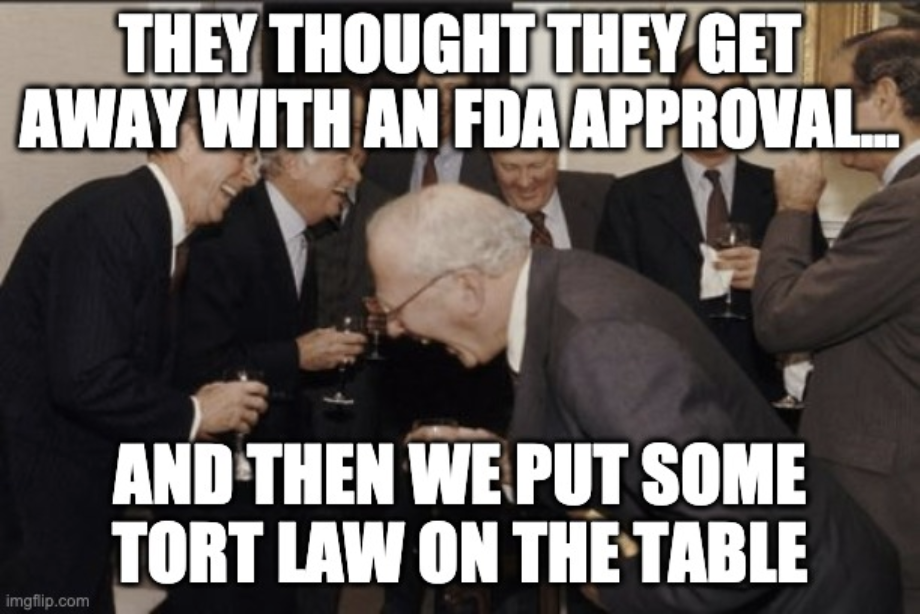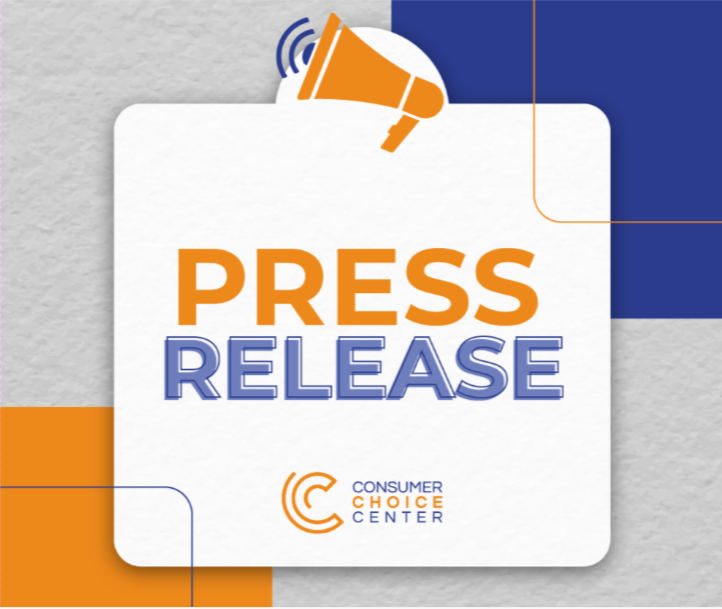A single drug can cost up to 2 million dollars per treatment. In the light of COVID-19, patient groups and activists have been using the crisis of the moment to call for capping drug and vaccine prices and cracking down on barriers to access for patients. In developing countries, large parts of drug prices are caused by tariffs, taxes, and other regulatory barriers. The United States, on the other hand, has the highest per-capita drug expenditure and drug prices in the world.

Bringing a drug to the US market is usually critical for a company to recoup the roughly 2 billion dollars of development costs per successfully launched medicine. At the same time, the country’s unique legal liability and injury system (called tort law) leads to higher drug prices without necessarily creating benefits for patients. Once a drug has passed the rigorous approval process demonstrating safety and efficacy to the US Food and Drug Administration (FDA), it is still subject to various liability laws at the state level.
In the last two decades, Pfizer set aside a whopping 21 billion dollars for settlements following tort lawsuits against the diet drug Fen-Phen. Those who were harmed by the drug were able to seek legal recourse. That said, thousands and thousands of people who were not harmed by the drug were also able to seek compensation. So much so that it is assumed that at least 70% of the payouts went to claimants who weren’t harmed at all by the drug.
Johnson & Johnson was ordered to pay 8 billion dollars to one patient for side effects caused by the antipsychotic drug Risperdal. These are just a few examples of a plethora of multi-billion-dollar payments drug companies have been compelled to make after being dragged to court, despite them being deemed safe by the FDA.
Patient advocates who are passionate about lowering drug prices in the USA should take a serious look at liability laws and how their misuse inflates prices. Abolishing liability beyond FDA requirements could reduce drug prices in the United States by 12 to 120 billion dollars a year and therefore give many more patients access to medicines.
In 2019, US patients spent a total of $360 billion on prescription drugs. Between 3 and 30% of this amount could be freed up for other treatments or price cuts if liability rules for FDA-approved drugs would be reformed. This change might seem radical, but it is what Congress has approved for FDA-approved medical devices. A similar preemption was extended to vaccines in the late 1980s via the Vaccine Injury Compensation Program.
Another impact of lawsuits following product withdrawals of FDA-approved drugs is that they negatively affect new investments in development. Pfizer’s settlement for Fen-Phen alone could have been used to bring 10-15 new innovative and life-saving drugs to patients.
Rather than using these financial resources for more research and development, or to lower drug prices, pharmaceutical manufacturers have to fight law firms who enrich themselves by abusing the US tort system. Tort law on top of FDA regulation is not just stifling innovation, but also an expensive way to compensate for the harm caused to patients. Paul H. Rubin suggests that the costs of settlement for the legal process account for half of the total settlement fees. Reducing this burden could increase the speed of new drugs being developed and reduce their price. Critics of tort reform will say that changing liability rules will endanger patients, but that’s far from the truth. A 2007 study shows that tort law reform in some states led to a total of 24,000 fewer deaths due to price reductions and the arrival of new innovative drugs. That’s something to keep in mind.
As long as we keep existing tort law on top of the FDA approval framework, consumers are being de facto forced to pay a massive markup on drugs in order to get insured against potential side effects. This is a very expensive and inefficient way of insuring patients against harm.
A smarter way of designing such a compensation scheme is to either expand the vaccine compensation scheme to pharmaceuticals or to allow consumers to personally purchase insurance against such damages. This could, for instance, be supplementary insurance on top of the patient’s existing health insurance plans. Such a system would allow patients who opt-in much lower fees than the existing mandatory tort law system.
Exempting drugs from state tort law would be an easy step to reduce drug prices without putting patients under more risk. American patients would save billions a year and be able to access more treatments than they can currently. This will lead to a net benefit for patients and the health of the nation. Why not give it a try?



